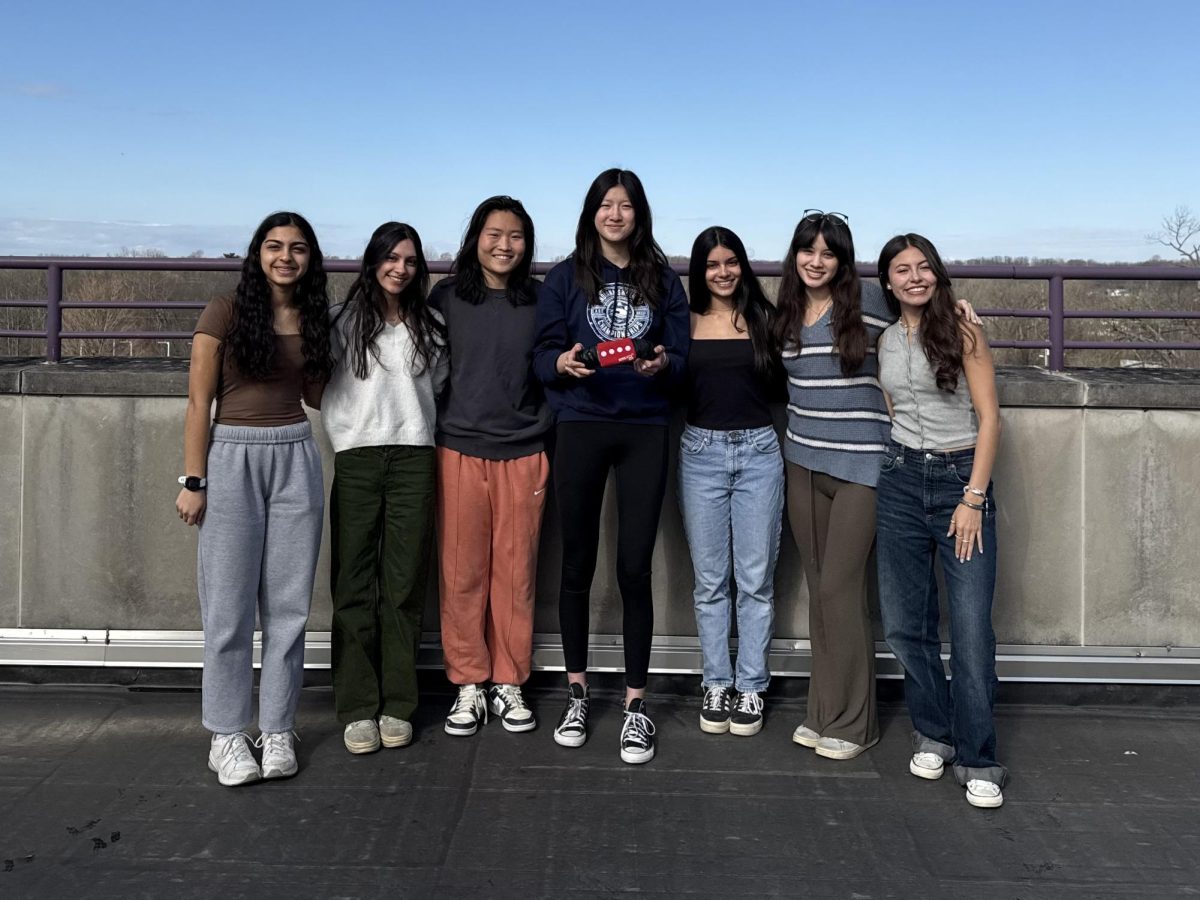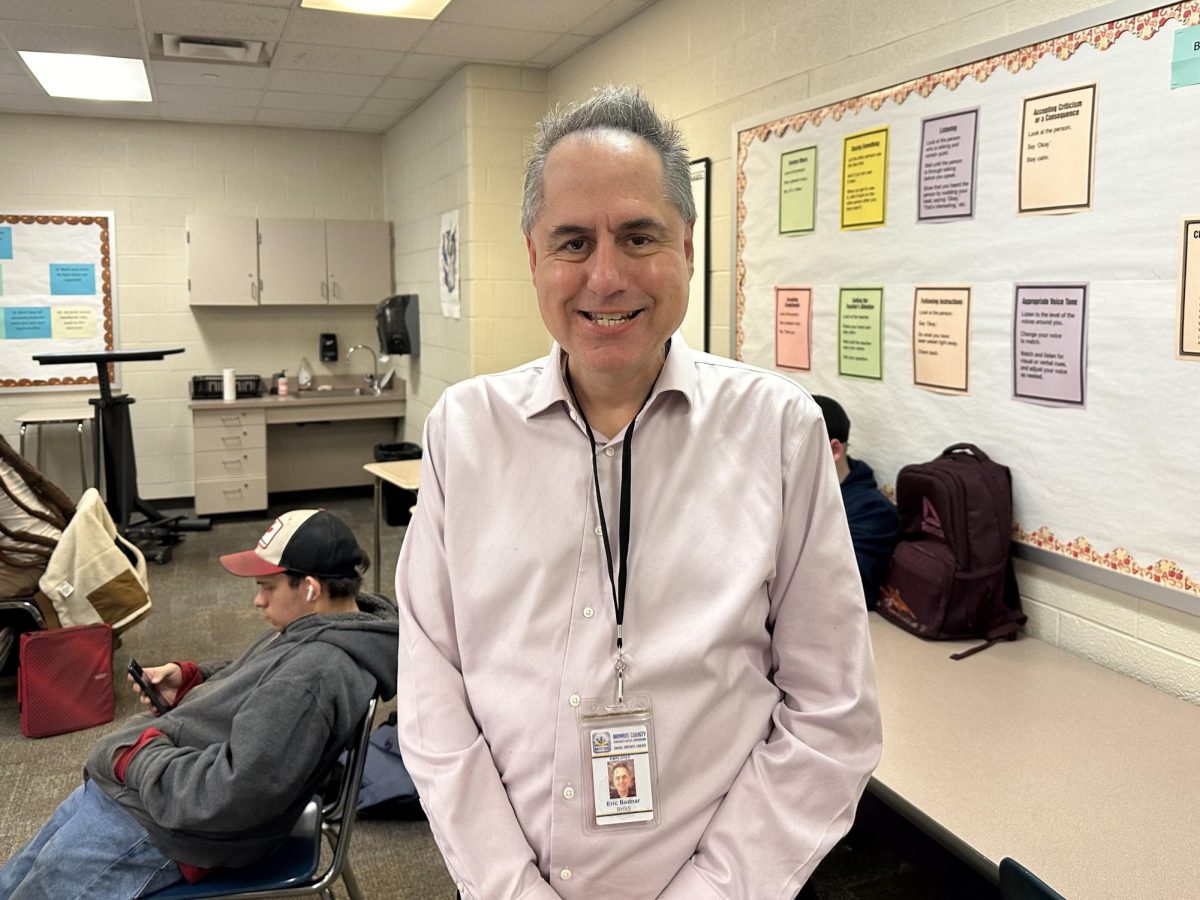Freshmen students, along with theatre students, recently saw the Cardinal Stage’s performance of “Frankenstein” Afterwards, English teacher Joshua Quimby’s class discussed the play at length, making observations about how it applied to modern life. Students brought up themes such as religion, responsibility, creation and destruction, helplessness , bullying, racism, good/evil, and beauty.
Freshman Stella Hyun observed that the monster “knew that people were afraid of him,” and that this was a direct result of his appearance.
Hyun went on to say that appearances are important and that the monster’s foul appearance could have influenced onlookers’ opinions of him. Students then discussed the idea of altering one’s appearance. Could plastic surgery or a similar procedure have changed peoples’ treatment of Frankenstein’s monster?
Next, Quimby asked his students if they thought “the world would be a better place if [they] couldn’t see.”
Freshman Lila Warren explained that a world where people would be judged merely on their actions rather than their appearances would be “like [the TV series] The Voice.”
All the students agreed that when a person creates something, they have a responsibility for their creation. Students believed that Frankenstein destroyed his monster due to the fear of the responsibility that came with the creation of the monster.
Continuing on the topic of creation, students discussed the helplessness of the monster and his resemblance to a baby. Quimby applied this to real life by using his daughter as an example. He talked about the utter helplessness of all humans at birth and how the things his daughter had to learn compared to what Frankenstein’s monster had to learn.
Similarly, junior Katelynn Nunn, a theatre student, said, “It [was] essentially like he was born. He had to learn to walk and speak, almost as if he was a baby.”
Nunn added that “it was interesting to see the roles of Victor and the creature. It brought up questions about playing God [and whether] the monster was inherently evil [or if] he became evil.”
The students agreed that “Frankenstein” is still very relevant today and applies to many facets of life.
Nunn said that although the play is “dark, it covers some hard topics, [and] that’s what theatre explores.”



